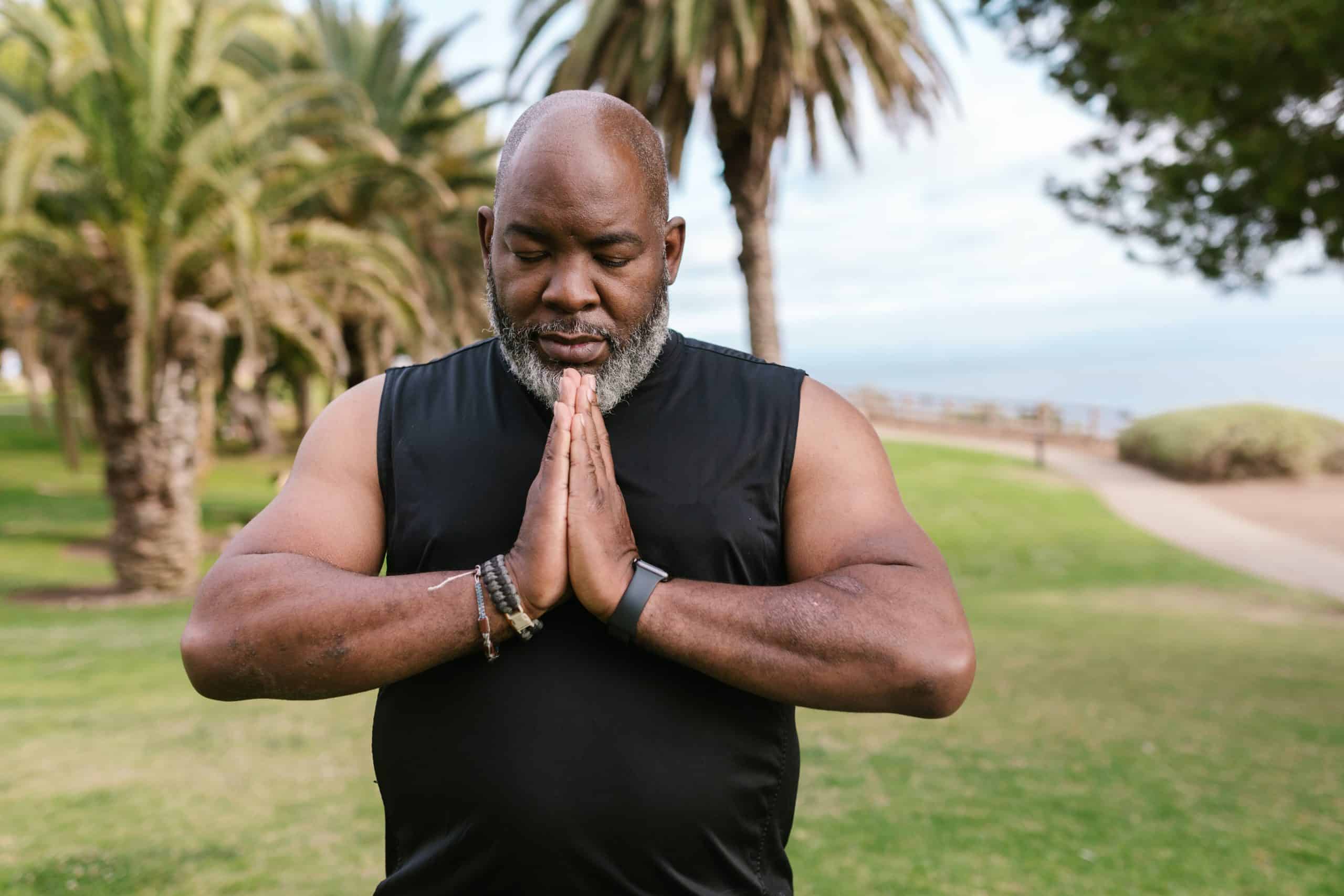In today’s fast-paced world, stress, anxiety, and mood fluctuations have become common companions in our daily lives. While various treatment options exist to manage these mental health challenges, one stand-out remedy is as accessible as it is effective: regular exercise. From the brisk morning walk to the post-work gym session, physical activity is increasingly recognized not just for its physical benefits but also for its profound impact on mental well-being.
In this article, we will explore how incorporating exercise into your routine can lead to significant improvements in mood and reductions in anxiety levels. Whether you’re looking up studies on PubMed or Google Scholar, perusing the latest on the Mayo Clinic website, or simply seeking experiential insights, there’s mounting evidence supporting the mental health benefits of regular physical activity. Let’s delve into the transformative effects that exercise can have on the brain, mood, and the treatment of anxiety and depression.
In the same genre : How to manage chronic knee pain?
The Connection Between Exercise and Mental Health
The link between physical activity and mental well-being is well-documented and widely accepted in the scientific community. When people engage in regular exercise, they’re not just working towards a healthier body but are also nurturing their mental health.
Exercise triggers the release of endorphins, often referred to as the body’s natural mood lifters. These chemicals produced by the brain help to alleviate pain and induce feelings of pleasure or euphoria. But the benefits exercise brings to mental health extend well beyond the endorphin rush. Regular physical activity is associated with reduced symptoms in people suffering from anxiety and depression and can foster an overall sense of well-being.
Also to see : Transform your smile with a cosmetic dentist in leeds
Boosting Brain Health
Exercise has a direct impact on brain health, influencing the hippocampus—an area critical for memory and learning. Studies have shown that aerobic exercise, in particular, can increase the size of the hippocampus, leading to improved mental functions. Regular physical activity also promotes neuroplasticity, the brain’s ability to adapt and change, which is essential for cognitive health and resilience against stressors.
Enhancing Mood
Beyond the biological effects on the brain, exercise contributes to an enhanced mood. Being physically active can lead to a more positive outlook on life, increased energy levels, and better sleep quality, all of which are vital components of good mood regulation. Exercise also provides a sense of accomplishment and can boost self-esteem, which is particularly beneficial for those suffering from depression or low self-worth.
Reducing Anxiety and Stress
For those grappling with anxiety or stress, exercise can be a powerful ally. Physical activity has been shown to lower the body’s stress hormones, such as cortisol, over time. It also helps to moderate the response to stressors by encouraging the production of neurotransmitters like serotonin and norepinephrine, which can alleviate feelings of anxiety and promote calmness.
Regular Exercise and Its Role in Treating Anxiety and Depression
Integrating exercise into one’s lifestyle can play a significant role in the treatment of mental health conditions like anxiety and depression. This section will explore how regular physical activity can act as a complement or, in some cases, an alternative to traditional treatments.
As a Complement to Medical Treatment
Medical professionals, including those at renowned institutions like the Mayo Clinic, often recommend exercise as a complement to medication and psychotherapy for treating anxiety and depression. While exercise is not a replacement for professional medical treatment, it can enhance the effects of medications and therapy sessions, leading to better outcomes for patients.
As a Potential Alternative Treatment
For some individuals, exercise can serve as an alternative treatment for mild to moderate depression and anxiety symptoms. In cases where medication is not an option due to side effects or personal choice, or when therapy is inaccessible, becoming more physically active can provide a viable pathway to improved mental health.
In Preventing Relapse
Maintaining a regular exercise routine can also help prevent the relapse of depressive and anxiety symptoms. By establishing a pattern of physical activity, individuals can create a buffer against potential future episodes. The proactive approach to managing one’s mental health through exercise can empower people to take control and sustain their well-being.
How to Get Started and Stay Motivated
Knowing the benefits of exercise for mental health is one thing; putting that knowledge into practice is another. This section will offer practical advice on how to start incorporating physical activity into your routine and maintain the motivation to continue.
Finding an Activity You Enjoy
The key to sticking with an exercise regimen is to find activities that you genuinely enjoy. Whether it’s cycling, swimming, yoga, or dancing, the enjoyment factor will help you look forward to your exercise sessions rather than seeing them as a chore.
Setting Realistic Goals
Setting achievable goals helps build confidence and creates a sense of accomplishment. Instead of aiming for drastic changes, start with small, realistic goals that will encourage you to keep moving forward.
Building a Support System
Having friends or family who support your exercise goals can make a significant difference. Joining a fitness class, finding an exercise buddy, or even sharing your achievements on social media can provide a community of encouragement and accountability.
The Science Behind Exercise and Mental Health
For those interested in the scientific underpinnings of how exercise affects mental health, a plethora of research is available on platforms like PubMed, Google Scholar, and the websites of health organizations. This section will highlight some key findings from scientific studies.
Research Findings on Exercise and Mood
Numerous studies have demonstrated the positive effects of exercise on mood. People who engage in regular physical activity report feeling happier, more energized, and less prone to mood swings than their sedentary counterparts.
Understanding Anxiety Sensitivity and Exercise
Anxiety sensitivity, the fear of anxiety-related sensations, can exacerbate anxiety disorders. Exercise has been found to reduce anxiety sensitivity, making it easier for individuals to cope with anxiety-provoking situations.
Aerobic Exercise and Anxiety Disorders
Aerobic exercise, such as running, swimming, or cycling, has been shown to be particularly effective in reducing symptoms of anxiety disorders. By improving cardiovascular health, aerobic exercise can also contribute to better overall physical health, further supporting mental health.
Conclusion
Regular exercise offers a multitude of benefits for both the body and the mind. By engaging in physical activity, you can improve your mood, reduce anxiety, and enhance your overall mental health. As we’ve explored, the connection between exercise and mental well-being is supported by a growing body of scientific evidence, making it a compelling option for those looking to bolster their mental health.
Whether you’re aiming to complement existing treatments for anxiety and depression or seeking an alternative approach, incorporating regular exercise into your life can lead to profound changes. Remember, the key is to find activities you enjoy, set realistic goals, and build a supportive community around your efforts.
In terms of managing mood and anxiety, the evidence is clear: staying physically active is one of the most effective and empowering steps you can take. So why not lace up your sneakers and take that first step towards a healthier, happier mind today?












Comments are closed